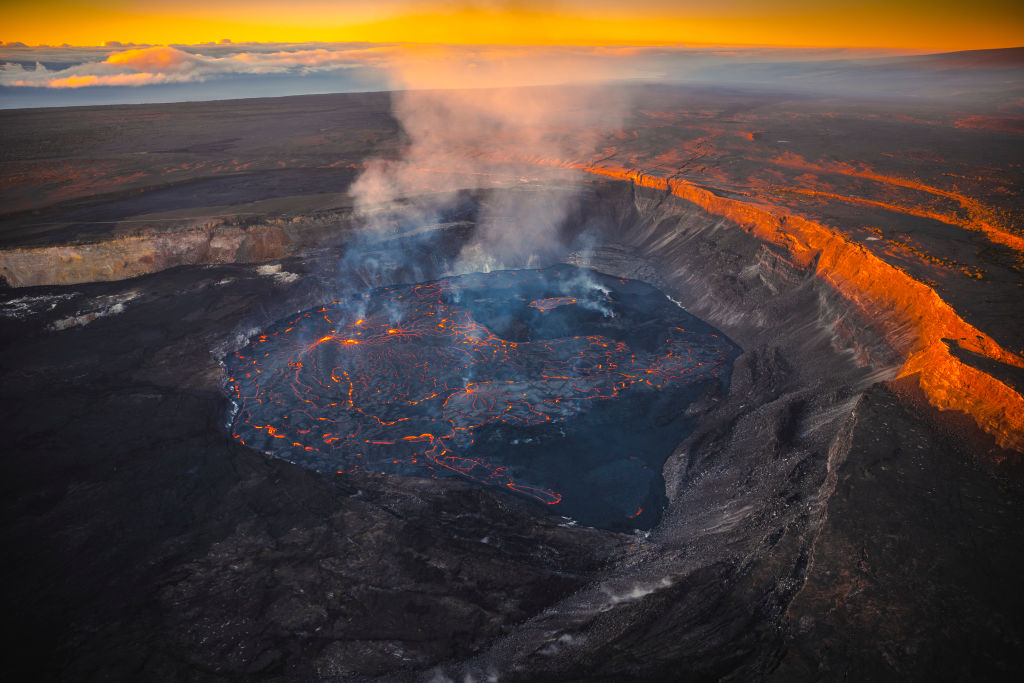There's little doubt that David Letterman's influence is stamped, like an indelible Top 10 list, all over late night TV. The imprint of Letterman’s irreverent humor can be found in the playbooks of Jimmy Fallon, Jon Stewart, Conan O'Brien, Chelsea Handler and Jimmy Kimmel, to name a few.
Less obvious — and less celebrated — is Letterman’s impact on Craig Ferguson, beyond giving him a shot on the Worldwide Pants-produced CBS "Late, Late Show." Ferguson, more than any current host — even O'Brien — embodies the ethos of using the 12:30 a.m. slot as a comedy laboratory, as Letterman did for 11 years on NBC before moving to CBS.
Ferguson ends his nearly decade-long run Friday night with a legacy as an under-the-radar innovator who put his own smart and fanciful mark on late, late night TV comedy.
The Scottish entertainer, best known previously to US audiences for playing the unctuous boss Mr. Wick on "The Drew Carey Show," gently mocked talk show conventions even as he embraced them.
He employed a snarky, robotic skeleton, Geoff Peterson (the quick-witted and rubber-voiced Josh Robert Thompson), as his sidekick. Ferguson’s monologues largely eschewed jokes in favor of stream-of-consciousness forays into whimsy, often involving studio audience members. He didn’t have a band — but he did have a dancing pantomime horse, a nod to his UK roots.
Ferguson’s bits — like his “Dear Aquaman” and “Michael Caine in Space” routines — provided light, goofy wee-hours fun. Always an affable interviewer, he showed some gravitas in his 2009 sit-down with South African Archbishop Desmond Tutu, helping the show earn a Peabody Award for deftly mixing the serious and humor. (“I think you’re crazy,” a laughing Tutu affectionately told Ferguson.)
But Ferguson was at his best when he was at his most personal. He let the show’s cameras follow him to his 2008 swearing in as a US citizen — signaling that sometimes when he declared, “It’s a great day for America!,” he wasn’t kidding. In 2006 and 2008, he transformed his openings into touching, emotional eulogies for his father and mother.
U.S. & World
“I pride myself on being honest when I come out and do this,” Ferguson said of his monologue approach before sharing memories of his dad in 2006.
Ferguson’s finest week — when he took the show to his hometown of Cumbernauld, a suburb of Glasgow, in 2012 — also drew on his life. Instead of renting a studio, he variously set up in a pub, at his old school and in his childhood living room, taking guests like Mila Kunis, Rashida Jones and the much-missed Michael Duncan Clarke along for the ride.
Ferguson announced he was stepping down after CBS tapped Stephen Colbert as Letterman’s replacement. “The Late, Late Show” star expressed no public animus about being passed over — this, after all, was the host who welcomed Fallon to late night by waving to him, on-air, with a Mickey Mouse glove. Fallon returned the greeting.
Perhaps it’s just as well that Ferguson didn’t get the “Late Show” gig, and move into a far more scrutinized earlier post, like Letterman, O’Brien and Fallon before him. Even in an on-demand era where time slot doesn't matter like it used to, Craig Ferguson distinguished himself as an act made for the late, late shift.
Ferguson ended most of his 2,000-plus shows with a bit called “What Did We Learn on the Show Tonight, Craig?” another gentle knock on TV conventions, specifically sitcoms that all-too-neatly wrap up with a lesson.
But there is a lesson — one that incoming host James Corden would be smart to heed — to be reaped from Craig Ferguson’s “Late, Late Show” stint: Be yourself, don’t be afraid to shake up the formula and search for laughs in unlikely places.
Jere Hester is founding director of the award-winning, multimedia NYCity News Service at the City University of New York Graduate School of Journalism. He is also the author of "Raising a Beatle Baby: How John, Paul, George and Ringo Helped us Come Together as a Family." Follow him on Twitter.



